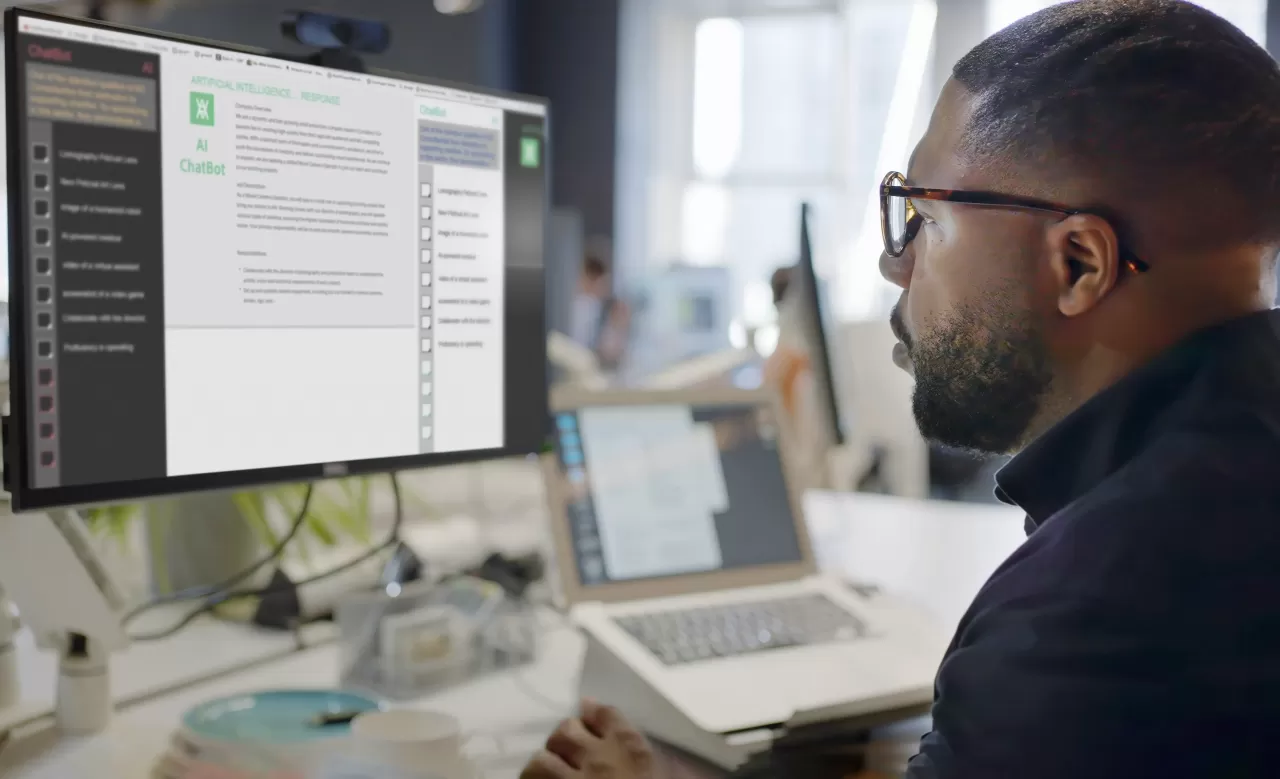
Professor Jeannie Marie Paterson
Co-director, Centre for Artificial Intelligence and Digital Ethics (CAIDE), Faculty of Engineering and Information Technology and Melbourne Law School; Co-director, Digital Access and Equity Research Program, Melbourne Social Equity Institute; Professor, Melbourne Law School, University of Melbourne
See research profile
Health & Medicine
Analysis
Corporations are putting profits above the safety of women. And it's evil
The pelvic mesh scandal is an example of the evil of selling unsafe products. The law can and should do something about it

Arts & Culture
‘Picture to burn’: The law probably won’t protect Taylor (or other women) from deepfakes
Legal redress is hard if you fall victim to an AI-generated pornographic and abusive deepfake

Sciences & Technology
The flawed algorithm at the heart of Robodebt
Robodebt teaches us that even simple automated decision-making systems come with the biases of the people, systems and policies that conceive them

Sciences & Technology
Is sentience really the debate to have?
While debate over the alleged sentience of the LaMDA chatbot continues, there are bigger questions about AI’s overall lack of transparency

Sciences & Technology
The AI pretenders
As artificial intelligence advances, should we be concerned about robots and virtual bots pretending to be human or human like?

Politics & Society
ACCC vs Big Tech: Round 10 and counting
The Australian Competition and Consumer Commission is taking on Big Tech again – this time it’s Meta – with a focus on dismantling a key Big Tech defence tool

Arts & Culture
Technodystopia: Are we heading towards a real-world Blade Runner?
In 1982, Blade Runner floored audiences with its technodystopian depiction of the future. Almost 40 years on, some of these projections seem eerily accurate

Politics & Society
Surveillance: What is it good for?
Online monitoring raises serious questions about privacy and rights, but where justified it can be used for good if organisations consider wider issues like transparency and fairness

Sciences & Technology
TikTok captures your face
TikTok is hugely popular. But its latest decision to capture unique digital copies of your face and voice is a cybersecurity threat to your identity and privacy
